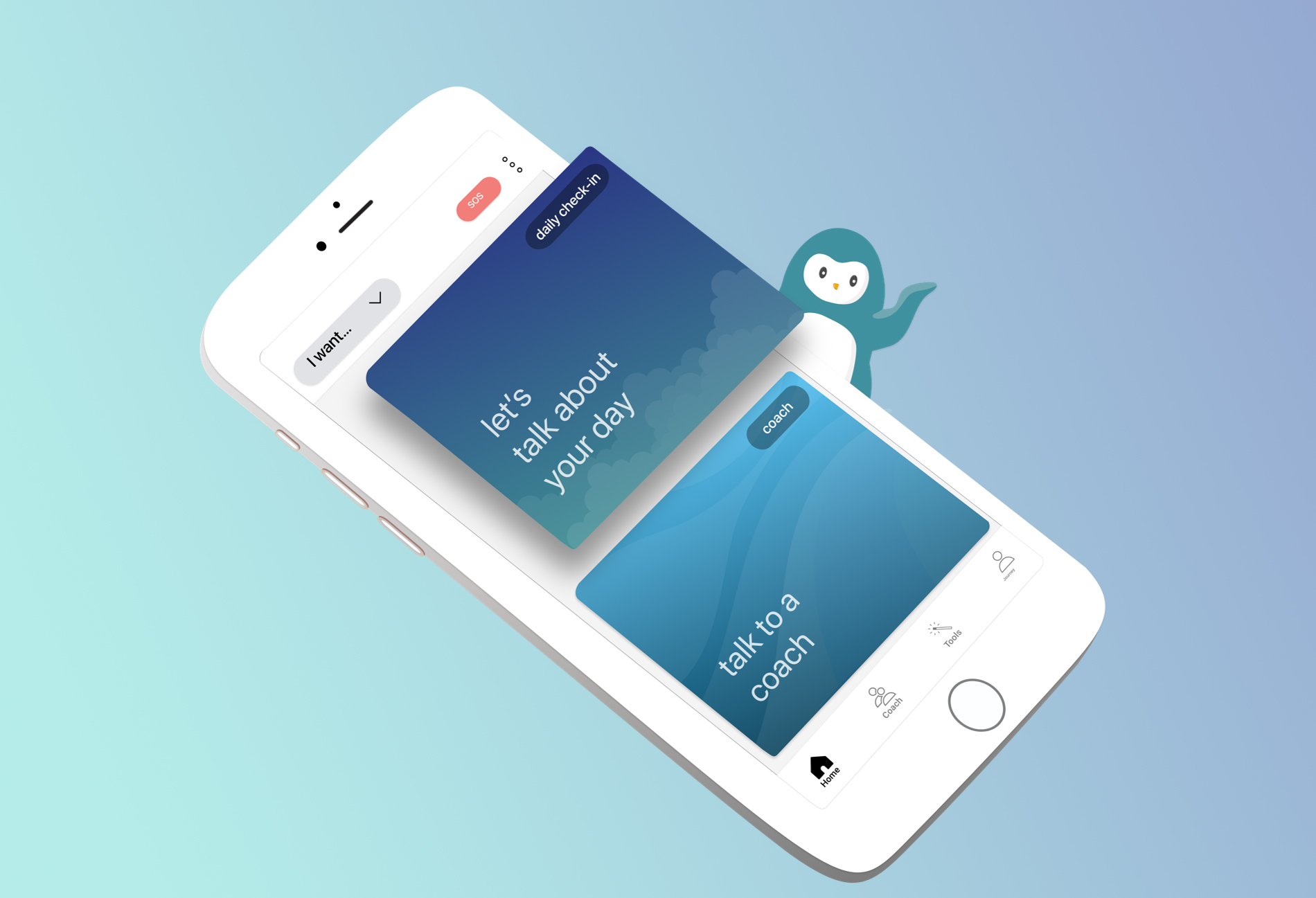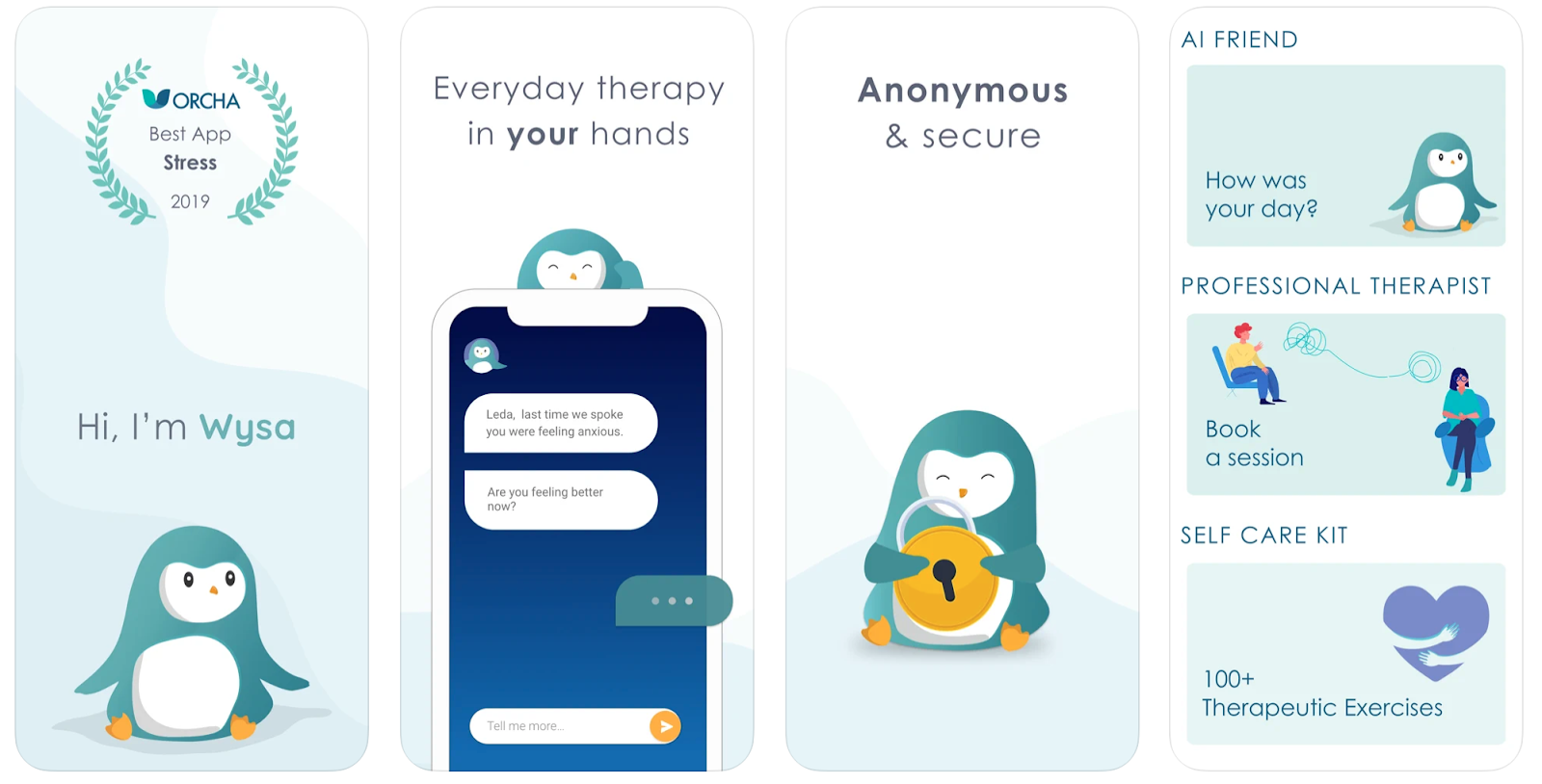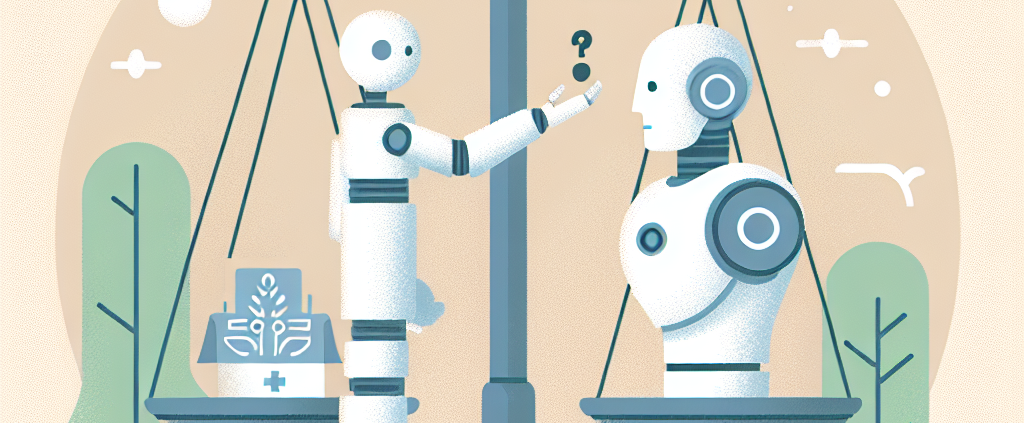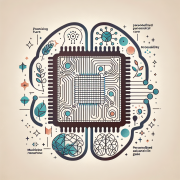AI-Powered Mental Health Care: Transforming Accessibility and Ethics
Exploring the Horizon: AI-Powered Mental Health Care
As the digital frontiers expand, the intersection of artificial intelligence (AI) and mental health care is generating both excitement and ethical questions. With my background in AI and machine learning—having delved into projects ranging from self-driving robots to AI applications in cloud solutions—my fascination with how technology shapes our future pushes me to explore the emergence of AI-powered mental health apps and their potential to transform care accessibility.
The AI Mental Health Wave
The integration of AI into mental health care isn’t just a technological leap; it represents a paradigm shift in how we approach and provide mental health support. The core premise is simple: harness AI’s computational power to offer personalized, accessible, and potentially more efficient mental health care. Derek Du Chesne’s insight on AI’s capability to personalize care at scale echoes the sentiment of many adherents who envision a future where technology and human empathy converge to address mental health challenges.
< >
>
Yet, amidst the optimism, there looms skepticism. Can algorithms truly embody the nuanced empathy critical to therapeutic relationships? As someone who values evidence-based claims and remains cautious of over-relying on technology at the expense of human touch, the saga of AI-driven mental health apps demands a closer scrutiny.
Therapy in Your Pocket: A Double-Edged Sword?
The allure of having a therapist just a tap away is undeniable. Apps like Woebot and Wysa, boasting millions of engagements, signify a sea change in public perception towards digital therapy. The technological underpinnings for these platforms, from mood tracking algorithms to AI-driven conversational agents, showcase the innovative ways AI is being leveraged to simulate therapeutic interactions.
< >
>
But the technology’s shearability to mimic human interaction raises important questions. Does the absence of a physical therapist diminish the therapeutic experience? The University of Texas at Austin‘s research on AI-driven assessments hints at a future where AI doesn’t just supplement therapy but stands on par with human experts in diagnosing conditions.
Breaking Barriers or Building Digital Walls?
The proponents of AI in mental health underscore its potential to democratize access to mental health care. In a landscape where therapy is often entangled with challenges like cost, geographical barriers, and social stigma, AI-driven apps present an enticing alternative. They promise anonymity, availability, and immediacy—attributes that traditional therapy modalities struggle to offer simultaneously.
However, the aspect of digital inclusivity presents its own set of challenges. Not everyone possesses the digital literacy or the means to access these technologies, potentially widening the gap between those who can and cannot afford such care. Furthermore, the question of data privacy and the ethical use of sensitive mental health information within these apps persists.
Complementing, Not Replacing, Human Touch
Amidst the technological enthusiasm, it’s pertinent to remember that AI, at its best, is a tool designed to augment human capabilities, not replace them. The nuanced understanding, empathy, and rapport that form the bedrock of effective therapy cannot be fully replicated by algorithms. As Paul Losoff suggests, there’s an irreplaceable human element in therapy that AI is yet to match.
But it’s also clear that AI has a role to play. By taking over routine tasks and providing initial assessments, AI can free therapists to focus on more complex and deeply human aspects of care, potentially enhancing the overall efficiency and effectiveness of mental health services.
Looking Forward: A Synergy of Human and Artificial Intelligence
The journey of AI-powered mental health apps is just beginning. Its trajectory will be shaped by ongoing research, ethical debates, and the real-world experiences of both therapists and those seeking support. As we navigate this new frontier, the priority must be to ensure these technological advancements complement the innate compassion and understanding that define human-centric care.
<
>
In conclusion, while my journey from AI projects to exploring the potential of AI in mental health care has been intellectually stimulating, it has also reinforced my belief in the importance of balancing technological innovation with ethical and humanistic considerations. The future of mental health care might very well lie in the harmony between human empathy and AI’s analytic prowess, crafting a new paradigm where accessible, effective care is a reality for everyone.
Focus Keyphrase: AI-powered mental health care









Hi, David Maiolo here. This article dives into the evolving intersection of AI and mental health care, an area I’m particularly passionate about. With my background in AI, I aim to shed light on how these technological advancements might reshape the accessibility of mental health services while also acknowledging the significant ethical implications. It’s an exciting yet challenging time, and I believe this discussion is crucial for navigating towards a future where technology and empathy coexist.
Hope Thompson here. I’ve always been on the fence regarding AI, especially when it comes to something as personal as mental health care. The article brings up some great points on accessibility, which is truly needed, but I worry about the depth of understanding and empathy AI can offer compared to human therapists. Despite my skepticism, I’m curious to see how AI can complement the therapeutic process without overshadowing the invaluable human element. Also, as a big fan of technology and its potential, I’m hopeful but cautious about what’s to come.